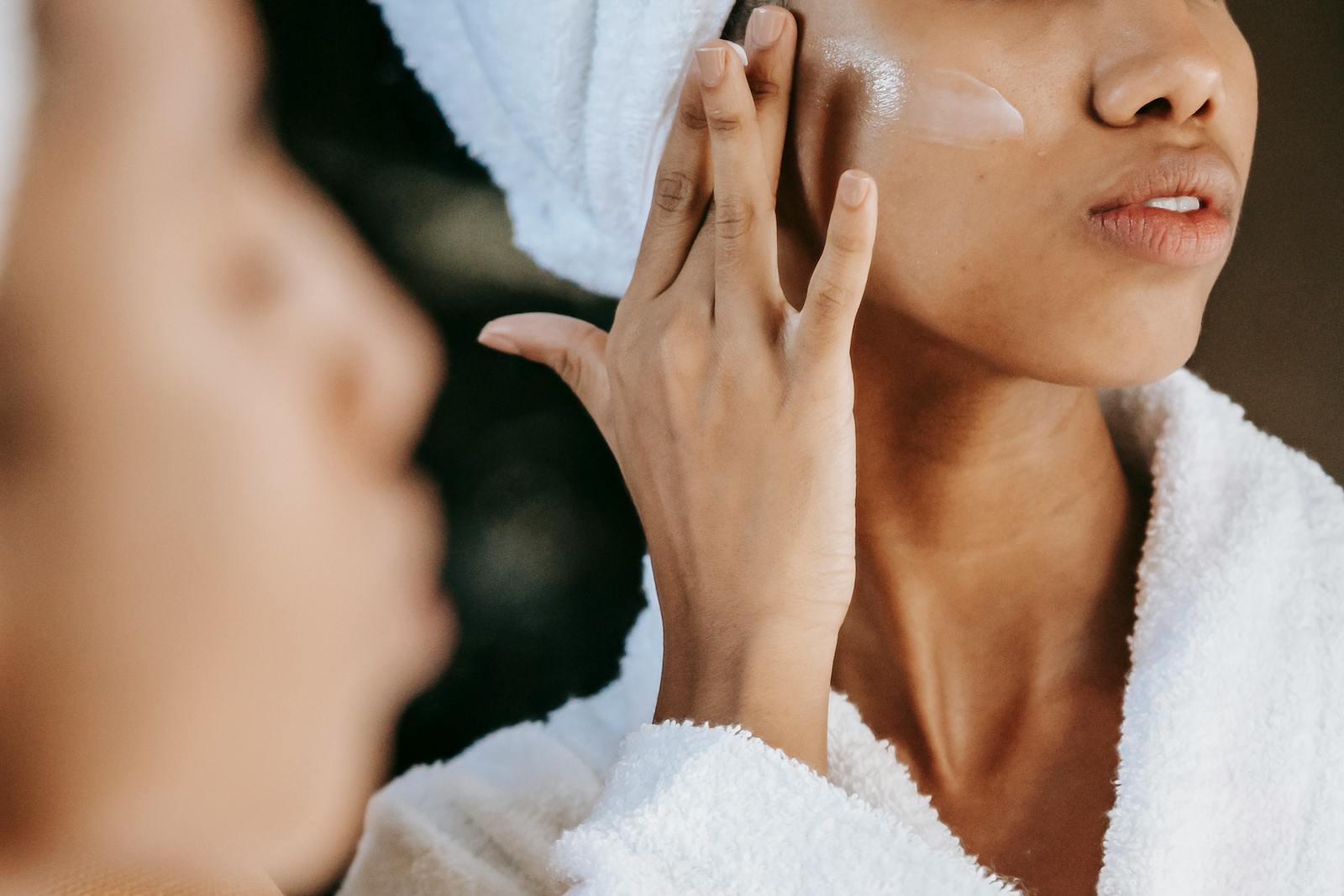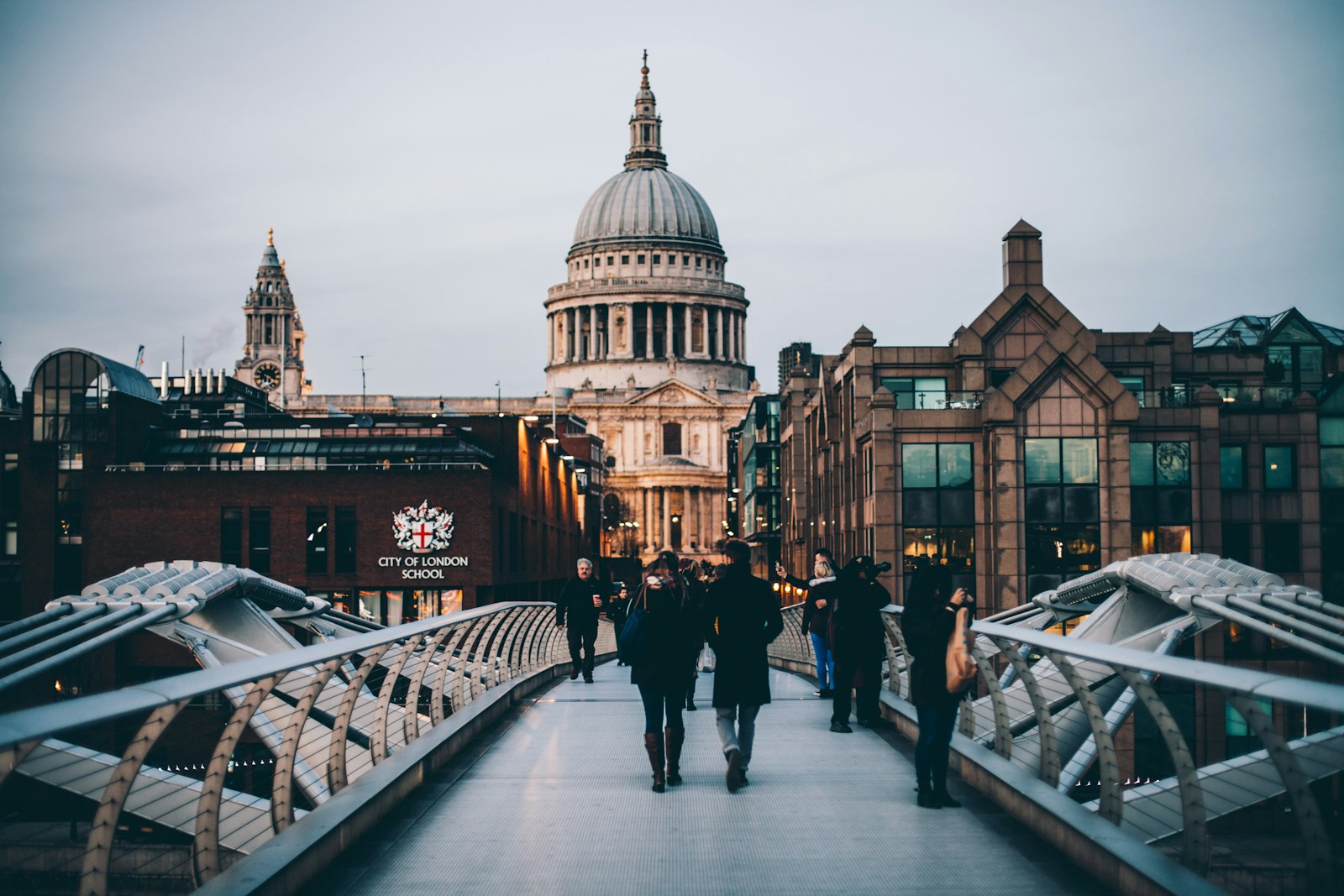In a startling revelation, an undercover investigation has brought to light the persistent illegal sale of skin-lightening creams in London. Despite stringent regulations and repeated prosecutions, these hazardous products continue to be distributed, posing significant health risks to unsuspecting consumers.
The Dangers of Hydroquinone
Central to the controversy are skin-lightening creams containing hydroquinone, a chemical banned in over-the-counter products in the UK. Hydroquinone’s ability to reduce melanin in the skin can lead to severe side effects, including skin irritation, ochronosis (a condition that darkens and thickens the skin), and an increased risk of skin cancer due to heightened sun sensitivity.
The investigation’s findings underscore the health hazards posed by these illegal products, which are still readily available on the high street.
A Widespread Issue
The investigation, spanning six months and covering 17 shops across London, Leeds, Birmingham, and Manchester, revealed a disturbing trend. Many shops, previously fined for selling products containing illegal substances, continue to flout the law.
Undercover journalists discovered products with hydroquinone being sold openly, with sellers often misleading consumers about the contents and safety of these creams.
Legal Actions and Persistent Sales
Despite previous legal actions, including fines and warnings, the sale of illegal skin-lightening products persists. The investigation highlighted cases where sellers, even after being prosecuted, continued to distribute these creams, misleading consumers about their legality and composition.
This ongoing issue points to a significant gap in enforcement and the need for more robust measures to protect public health.
The Health Risks and Regulatory Challenges
The health risks associated with these illegal creams cannot be overstated. Beyond the immediate side effects, prolonged use of hydroquinone can lead to irreversible skin damage and serious health conditions.
Regulatory bodies face challenges in curbing this illegal trade, with limited resources and the sheer volume of products entering the market. The investigation calls for a more concerted effort from authorities to clamp down on these dangerous practices.
Consumer Awareness and Safety
Amidst the regulatory battles and legal proceedings, the role of consumer awareness becomes paramount. Educating the public about the dangers of these illegal products is crucial in reducing demand and protecting individuals from harm.
Initiatives aimed at informing consumers about the risks associated with unauthorised skin-lightening creams can significantly contribute to curbing their sales and usage.
What Can I Do?
For those seeking skin-lightening treatments, it’s vital to approach the matter with caution and responsibility. Always opt for skin-lightening treatment from certified professionals like Health & Aesthetics, where safety and efficacy are prioritised.
Certified professionals are equipped with the knowledge and tools to provide treatments that are not only effective but also safe for your skin. They adhere to strict regulatory standards and use products that have been thoroughly tested and approved for use.
By choosing a reputable provider, you can ensure that you’re receiving the highest quality care while minimising the risk of adverse effects.
The Call for Stricter Regulations
The persistence of this illegal market underscores the need for stricter regulations and more effective enforcement. Authorities must prioritise the monitoring of cosmetic products, ensuring that they meet safety standards and do not pose health risks to the public.
Consumers, too, must be made aware of the dangers of these products, empowering them to make informed choices and avoid harmful creams.
Conclusion
The undercover investigation into the sale of illegal skin-lightening creams in London has shed light on a concerning issue that poses significant health risks. Despite known dangers and legal prohibitions, the continued availability of these products calls for a renewed focus on regulatory enforcement and consumer education. It is imperative that steps are taken to protect public health and ensure that such hazardous products are eradicated from the market.


